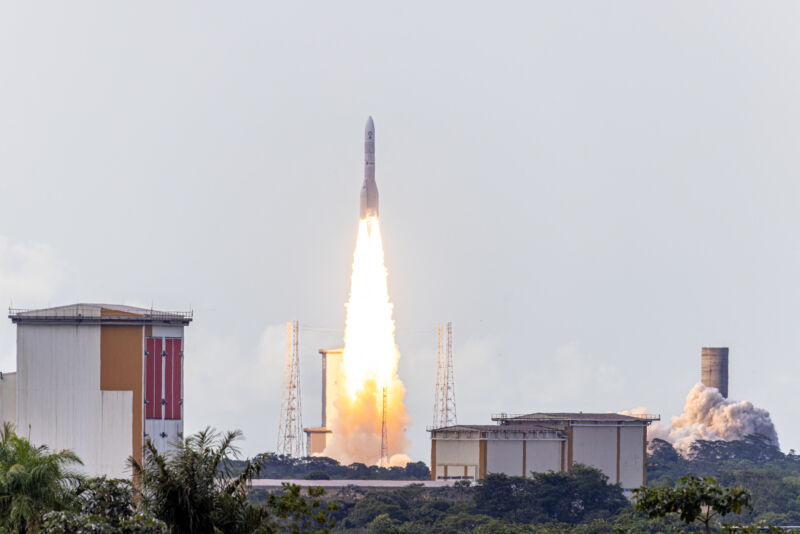
This article was originally published on NY Sun - Foreign. You can read the original article HERE

When leaders of the 32 member states of the North Atlantic Treaty gather Tuesday at Washington to celebrate 75 years of the trans-Atlantic pact, they will be greeted by photos from Moscow of President Putin greeting Prime Minister Narendra Modi of the world’s largest democracy.
With the Indian leader’s first visit to Russia in five years, Mr. Putin hopes to signal to the West that he is not isolated — despite his bloody assault on Ukraine. Mr. Modi, though, is not looking West to Ukraine, but East, seeking to attenuate Russia’s growing partnership with Communist China, India’s regional rival.
“China is something that dominates the Indian strategic mind-space,” a former Indian deputy national security adviser, Pankaj Saran, said during a recent discussion hosted by Washington’s United States Institute of Peace. “A formal Russia-China alliance is a worst-case scenario for India…We should exert all our energy to ensure this kind of scenario doesn’t happen.”
In February 2022, a few days before Russia launched a full scale invasion of Ukraine, Mr. Putin and Communist China’s party boss, Xi Jinping, announced at Beijing a “friendship without limits.” That is the kind of talk that gives a chill to the Indians.
At the height of the Cold War, in 1971, Moscow and New Delhi signed the Indo-Soviet Treaty of Peace, Friendship, and Cooperation. In diagonal alliances, China allied with Pakistan, and India allied with the Soviet Union. In the United Nations, Moscow routinely vetoed anti-India resolutions. By the end of the Cold War, India was buying 90 percent of its arms from Russia.
Since then, Russia has gradually migrated towards economic and political dependence on China. India’s strategic alliance with Russia increasingly has become transactional. Russia’s portion of India’s arms imports has dwindled to about one third of the total.
With the war in Ukraine eating up Russian armor and airplanes, India fears that Russia is an unreliable source of arms and spare parts. India now buys arms from America, Italy and France. India, officially neutral on Russia’s invasion of Ukraine, is saving billions of dollars a year by flouting Western sanctions and buying Russian oil at a discount of between three dollars and $3.50 a barrel.
One goal of Mr. Modi at Moscow will be to restore balance to bilateral trade. In the Indian fiscal year ended in March, Russia-India trade had soared 33 percent from the year earlier year, hitting a record $65.7 billion. Russian exports to India, though, accounted for 93.5 percent of that amount.
“Our economic relationship with Russia has grown tremendously,” India’s foreign minister, Subrahmanyam Jaishankar, told the Indian news agency ANI before the trip. “It will be a great opportunity for Prime Minister Modi and President Putin to sit down and directly talk to each other.”
Mr. Modi also has housekeeping chores on his two-day visit. He seeks the return of all Indian men press-ganged into Russia’s Army. Desperate to minimize the war’s impact on Russia’s politically influential urban middle class, the Kremlin uses its oil wealth to recruit South Asians — dozens of Indians and Sri Lankans and hundreds of Nepalese. All three governments demand an end to the practice and a return home of their citizens.
“All efforts have been made that Indian nationals return as soon as possible,” Foreign Secretary Vinay Kwatra told reporters Friday at New Delhi in a pre-trip briefing. He estimated that up to 40 Indian soldiers are serving in the Russian Army. News reports indicate that at least four have been killed.
In a move that would encroach on Communist China’s growing interest in the Arctic, Mr. Modi hopes to sign a naval logistics support pact with Russia. This would allow Indian civilian and Navy ships to enjoy access to Russian naval facilities in the Arctic.
This increases the window for ships to move across Russia’s Northern Sea Route, from the Pacific to the Atlantic. The People’s Republic has declared itself a “near-Arctic nation” and has sent an increasing number of military and civilian vessels through the Route.
In India, memories are sharp of India-China border clashes in 2020. In those fights, four Chinese soldiers and 20 Indians were killed. India fears that if Russia suffers an outright military defeat in Ukraine, Russia would move closer into a junior partnership with China. In Moscow, Mr. Modi is expected to explore an end to the fighting in Ukraine.
Last Thursday at Astana, Kazakhstan, China’s Xi and Russia’s Putin gave stem winding speeches assailing the West at a summit of the Shanghai Cooperation Organisation. This security group was created by Moscow and Beijing to counter western alliances. Mr. Modi skipped the meeting.
This article was originally published by NY Sun - Foreign. We only curate news from sources that align with the core values of our intended conservative audience. If you like the news you read here we encourage you to utilize the original sources for even more great news and opinions you can trust!










Comments